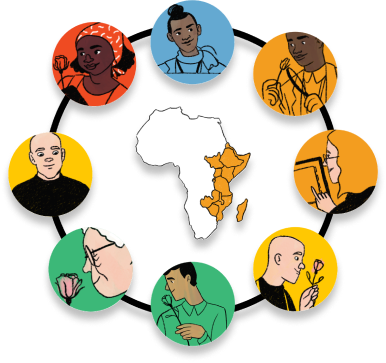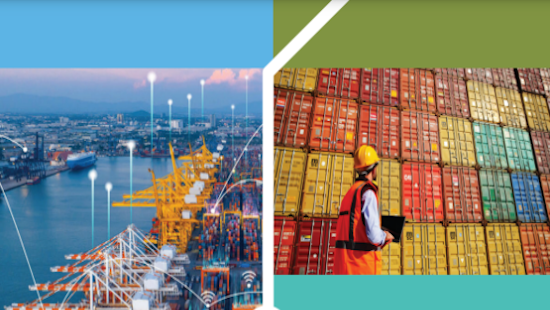TLIP
Revolutionising Global Trade
Trade Logistics Information Pipeline (TLIP) is a digital, collaborative infrastructure that enables data sharing between different partners in the global trade supply chain.

The Consortium
Impartial Governance
The neutrality of TLIP is secured by a consortium, aiming to develop relevant governance structures involving impartial international organisations and guided by the goals of public good.

Unlocking Potential
Open-Source Collaboration
Governments and businesses around the globe can adapt and build on TLIP's open-source functionality according to their specific needs and cross-border processes.

Empowering All
Low Fees and Inclusivity
TLIP is powered by IOTA's distributed ledger technology and built with commitment to the public good, ensuring low-fee transactions and making it accessible to all.

The Consortium
The TLIP platform was developed by TradeMark Africa in partnership with the IOTA Foundation, drawing from experiences implementing TLIP in Kenya and the United Kingdom. Realising a global consortium is needed to ensure widespread adoption, global leading organisations are planning to sign a Collaboration Agreement to collaborate and build out the TLIP infrastructure and governance framework.
The TLIP Partners
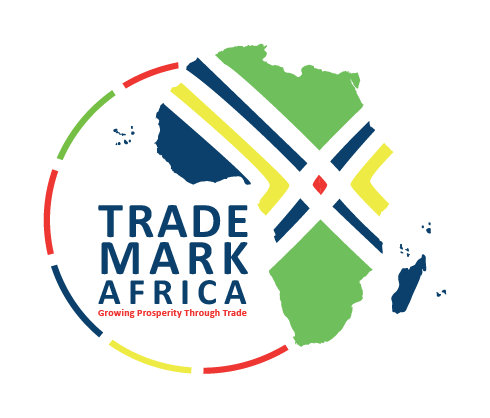
Trademark Africa
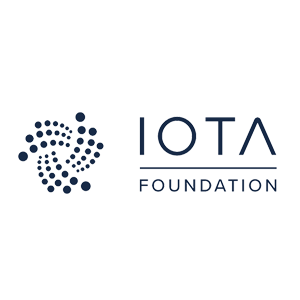
IOTA Foundation
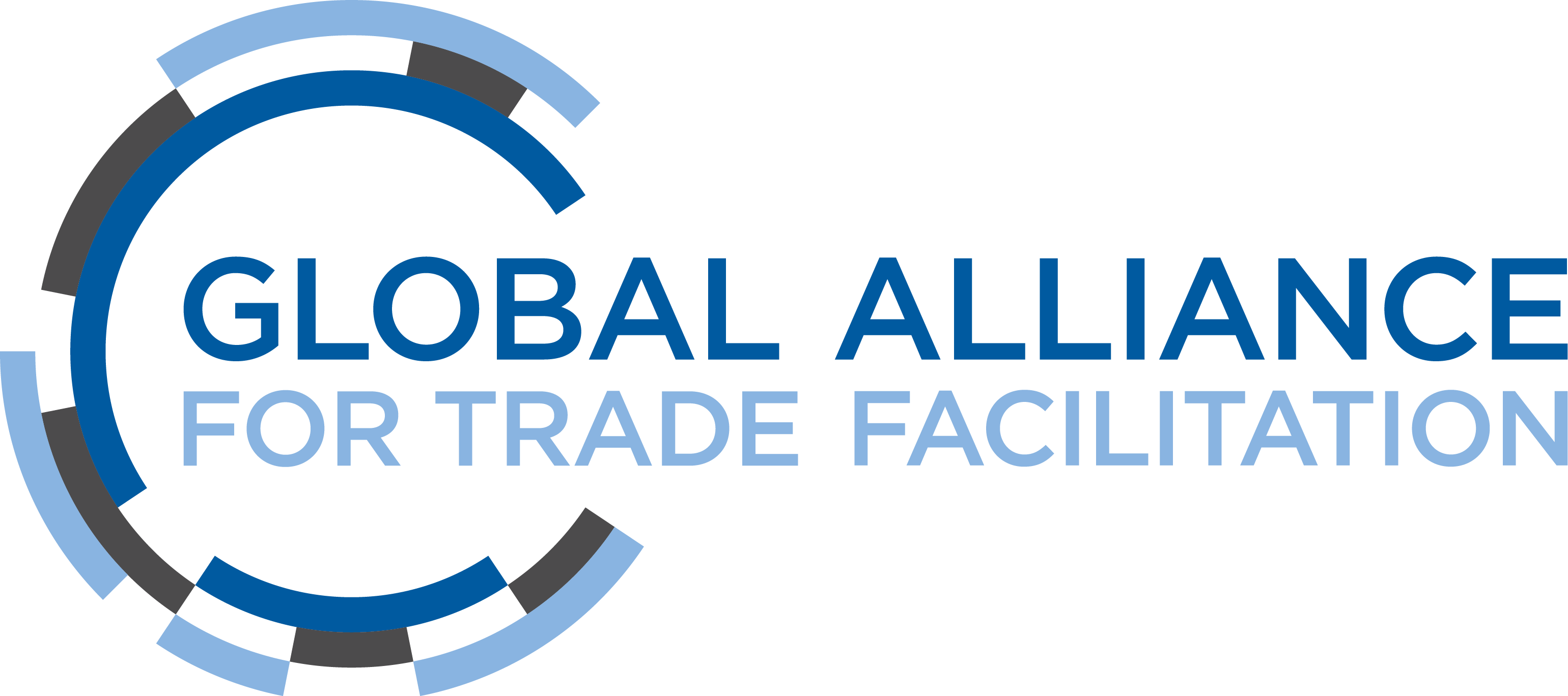
Global Alliance for Trade Facilitation
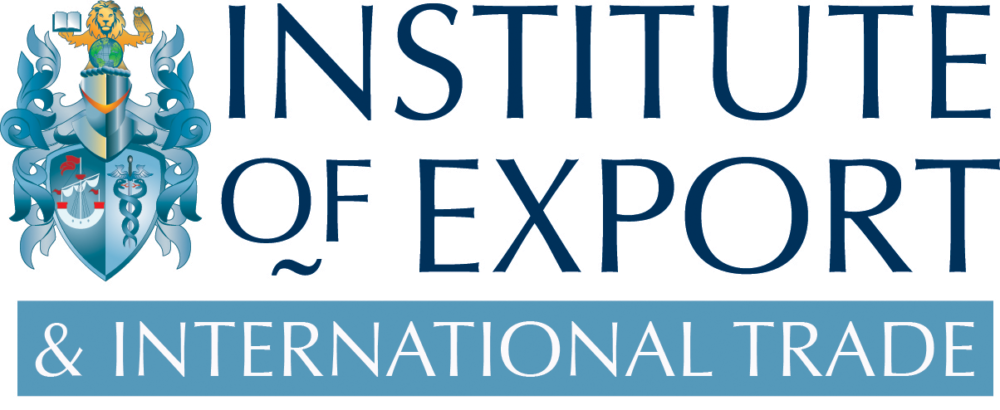
Institute of Export and International Trade
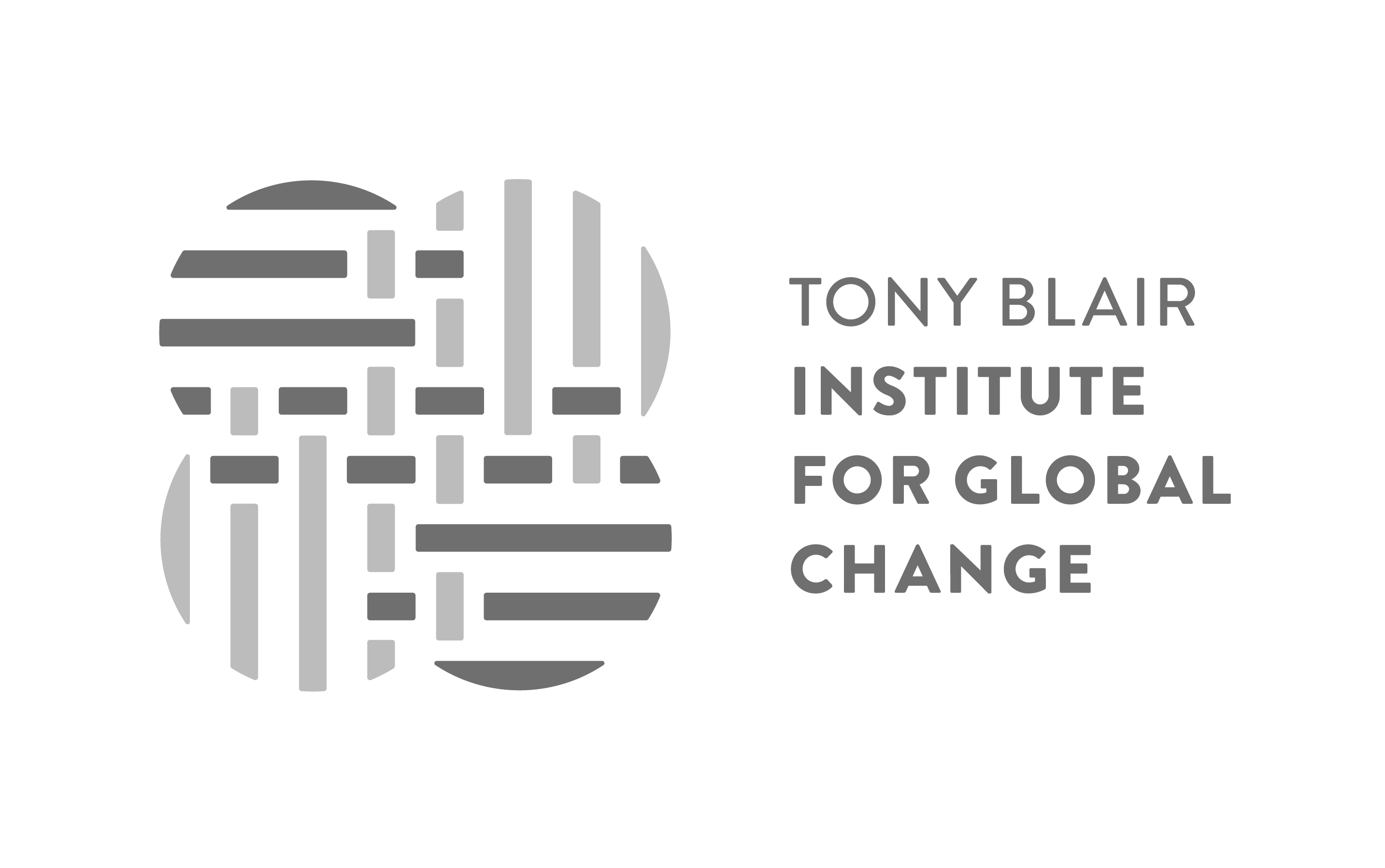
Tony Blair Institute for Global Change

World Economic Forum
What is TLIP?
Trade Logistics Information Pipeline (TLIP) is a collaborative infrastructure, where all actors can share data and documents. Used by both border agencies and commercial actors, each party has full control of its own data, and all data is available directly from the source.
Explore TLIP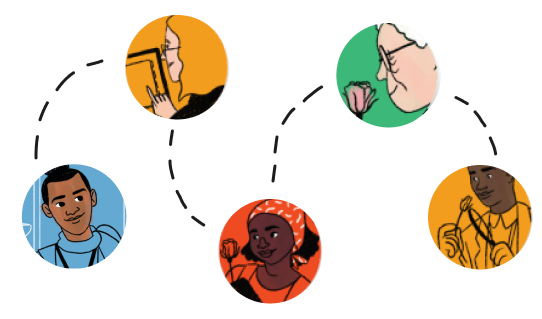
Why TLIP?
Global trade today has a problem. Paper based trade documentation required for cross border exchange is slow, error prone and expensive.
$500 Bn
the annual cost of paper based documentation
200+
the number of information exchanges required for a shipment from Kenya to the Netherlands
$Zero
the value of a shipment delayed due to lost documents
How Does TLIP Work?
Infrastructure
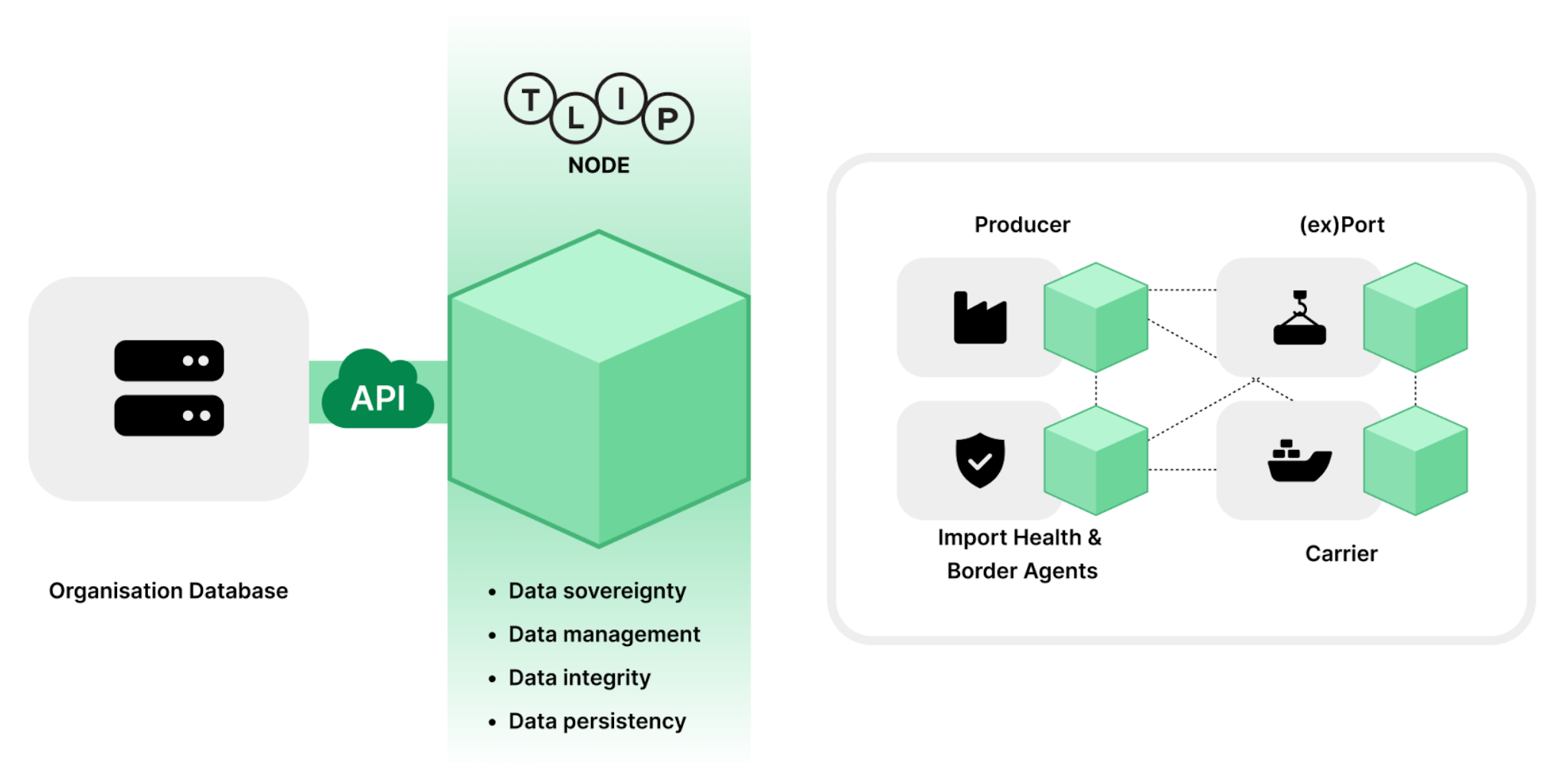
Data Sharing
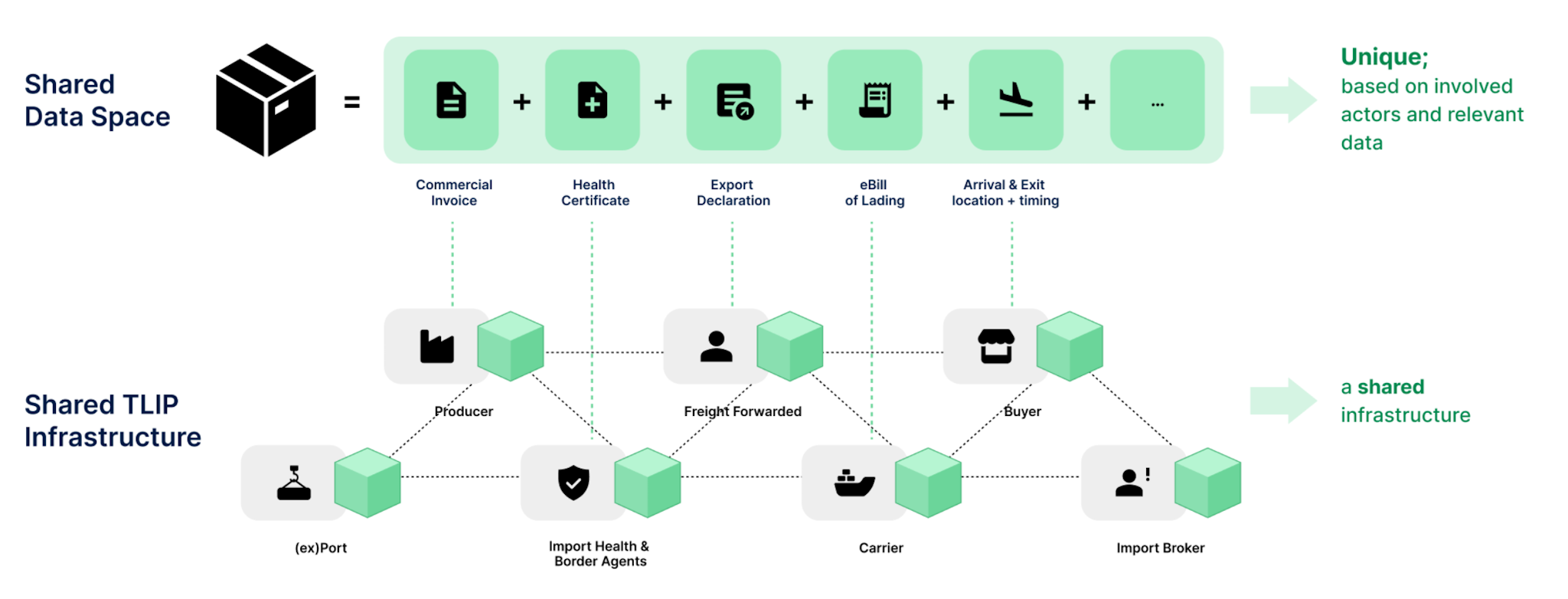
Decentralised
Secure
Upgrades Legacy IT
Data at the Source
Data Owners Control Access
Innovative
TLIP in Action
TLIP Dashboard Video
Interoperable. No vendor-lock in. Working with legacy systems.
Flowers from Kenya to Holland
The benefits of TLIP are demonstrated by a shipment of flowers from Nairobi, Kenya, to Royal FloraHolland in the Netherlands.
What are the Benefits?
Time and Cost Saving
Reduced time and costs involved in moving goods between East Africa and destination markets.
Exports Competitiveness
Improve the competitiveness of the East African Community in globally-exported comodities.
Government Collaboration
Increased collaboration between government and business through information exchange on a trusted infrastructure.
Trust
Availability of reliable advance information for all actors.
Goods Visibility
Increased visibility of goods in transit - location and border procedures.
Data Accuracy
Digitisation eliminates the need for repetitive entry of data sets making it possible to reuse data from source.
Our Government and Commercial Partners and Donors

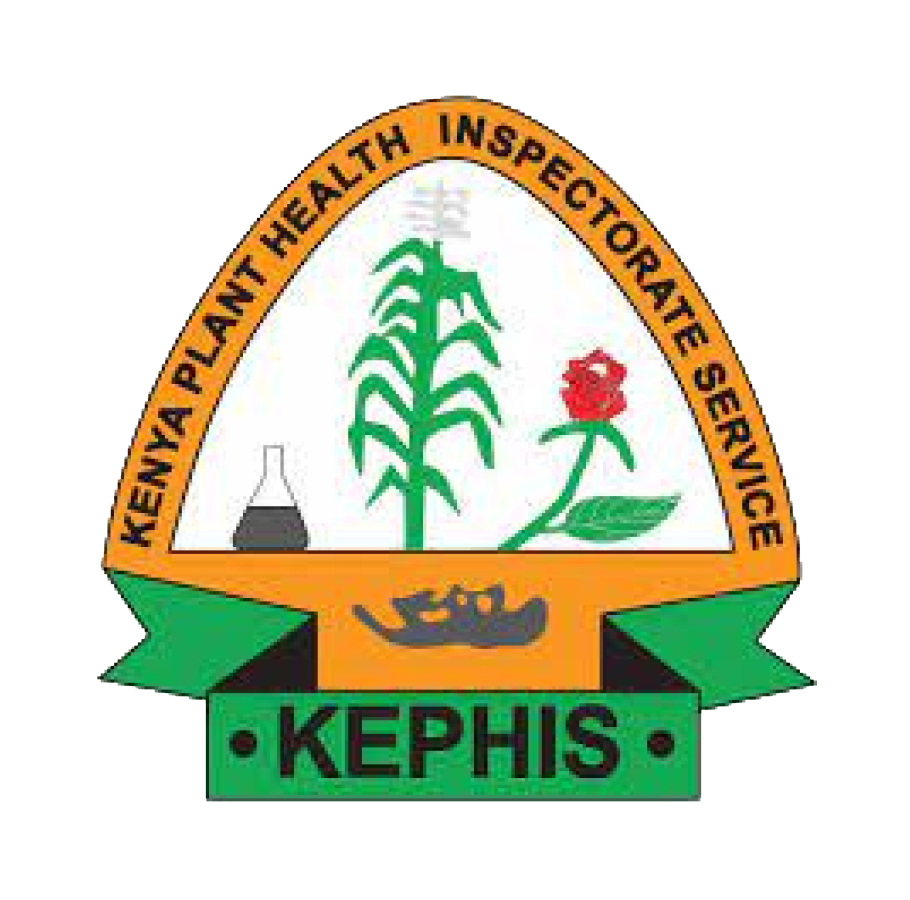
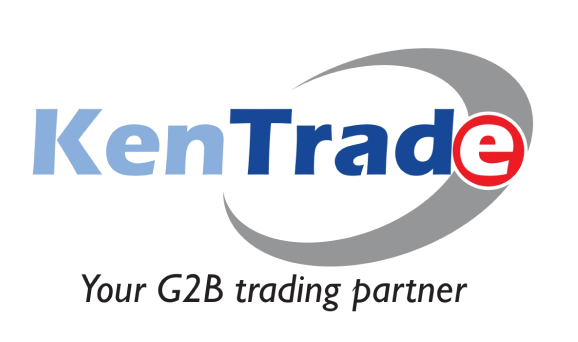

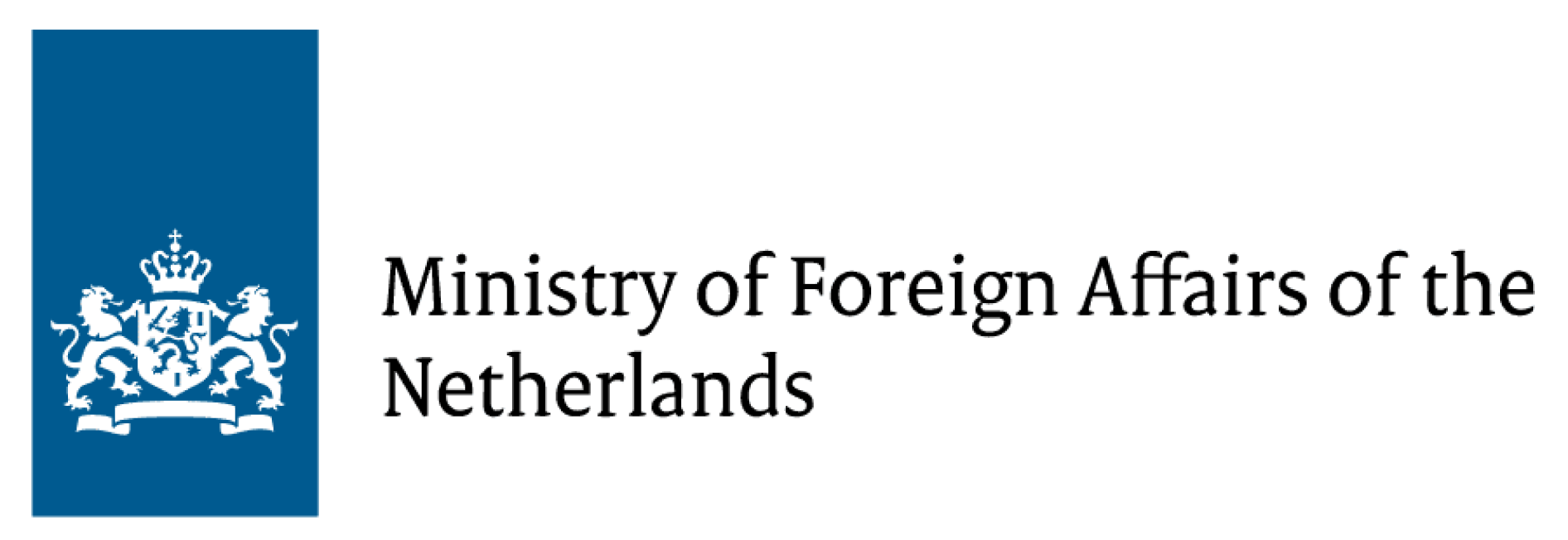



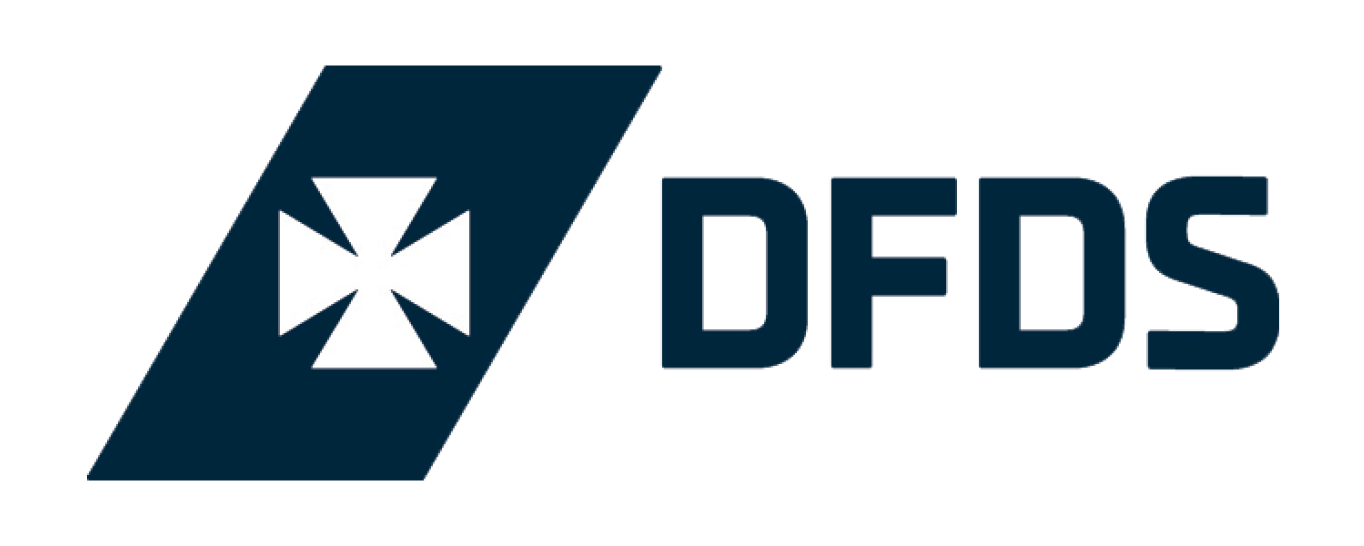





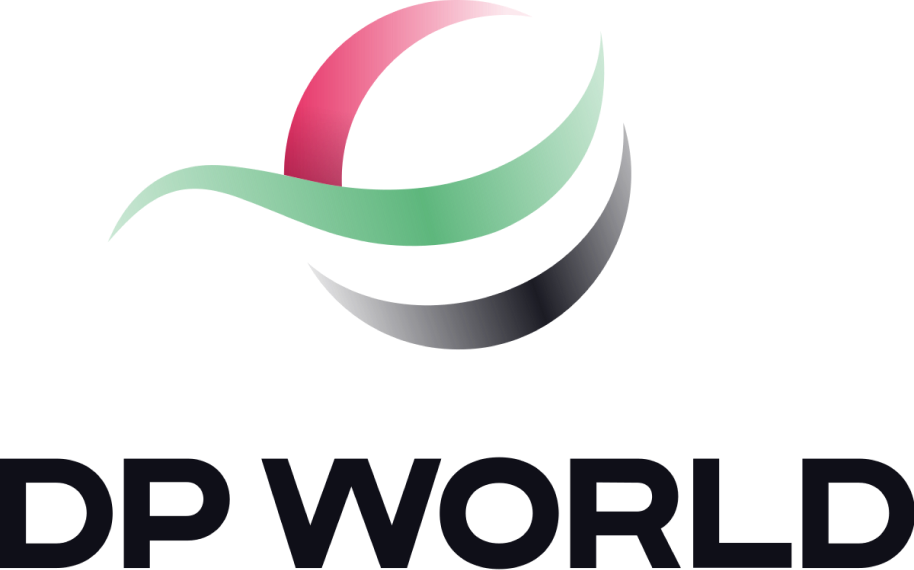

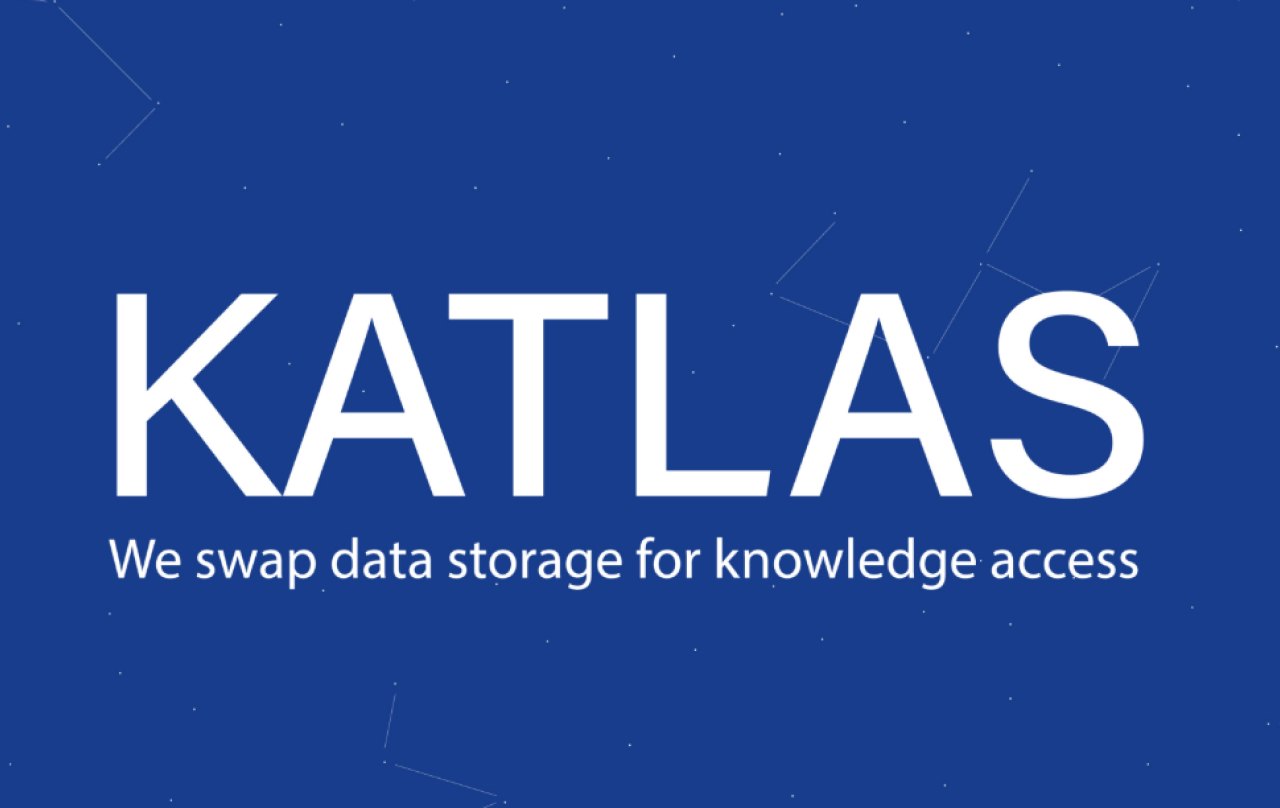







Any questions?
New to TLIP and full of questions?
